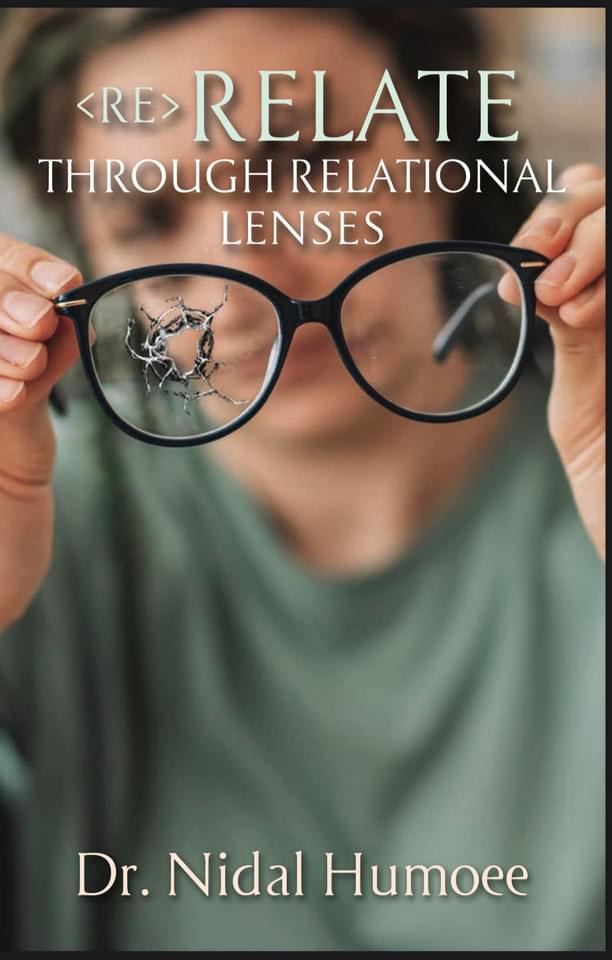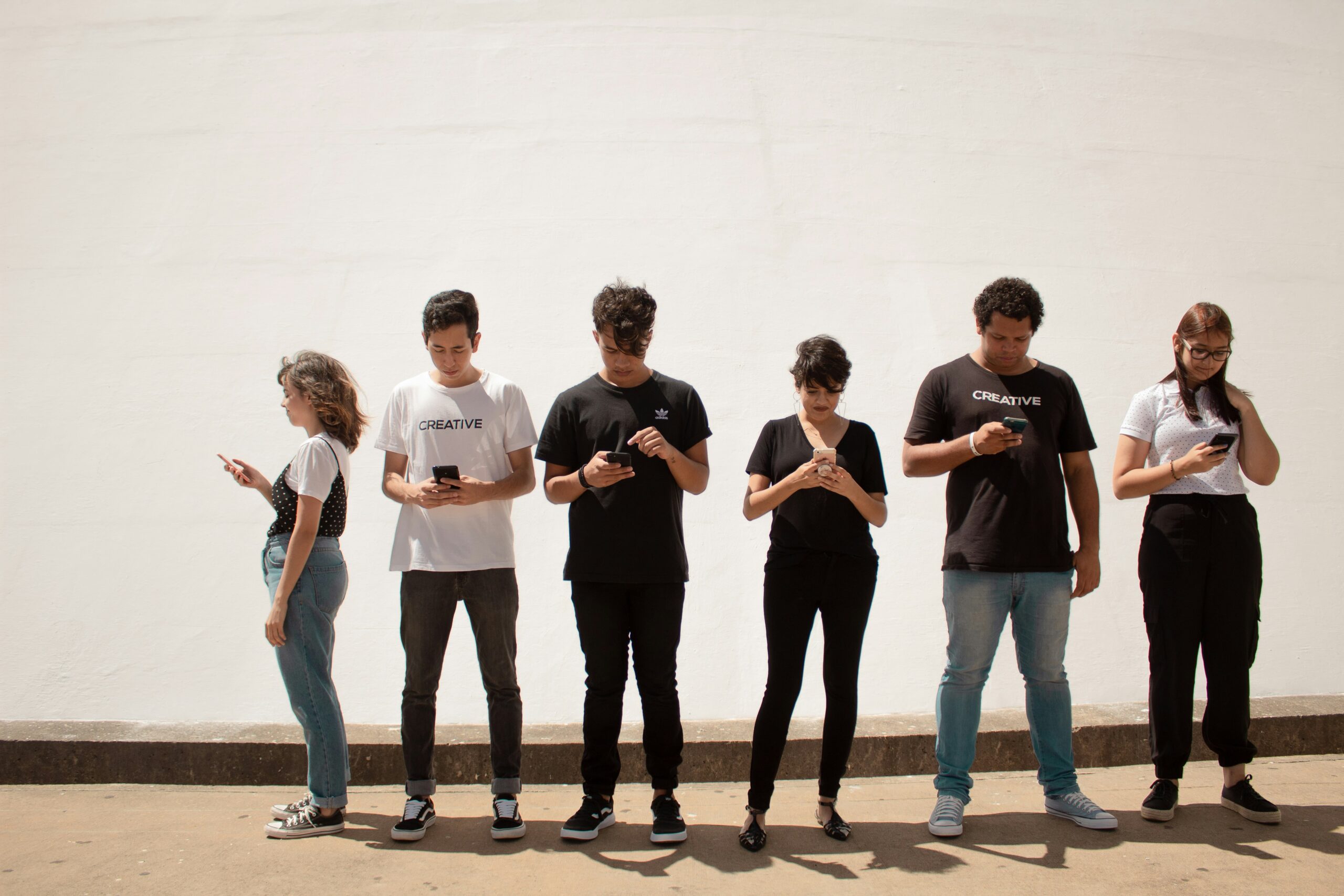
Wholehearted listening is more than hearing spoken words. It means receiving the speakers as whole individuals with their thoughts and feelings. As wholehearted listeners, we want to free enough room in ourselves to receive the speaker’s thoughts and feelings. The key to freeing the needed room is saying no to false responsibilities and meddling. Paul cautioned in 2 Thessalonians 3:11, “ Indeed, we hear that some among you are disorderly being busy with other people’s affairs, instead of their own, and doing no work.”
The toll of past relational injuries can flood all the emotional rooms in our hearts, leaving no room for empathy. We need to own our current responses and heal from those injuries to vacate the necessary space for empathy with others.
Our empathy and truthfulness help speakers renew their perceptions of past injuries. Thus they would feel more loved and less hurt. Proverbs 27:9 “ oil and perfume rejoice the heart, so does the sweetness of friends’ counsel that comes from the heart.” Listening does not change injuries but changes their perceptions and therefore eases the emotional pain.
When we speak, we produce verbal and nonverbal content. The verbal content is our spoken words, while the nonverbal manifests in our vocal inflections and facial expressions. Before we express ourselves verbally, we want to own our emotions, so we align our verbal and nonverbal content together. We can employ our emotions in passionate expressions when our tone and expressions match the meanings of our spoken words. Many online speakers coach their audience to become more influential by mastering their speech inflections. But they neglect the emotional healing that underpins such ability.
When we fail to align our verbal and nonverbal expressions, listeners receive our nonverbal before we decode our words. I watched a pastor expressing his views about a person accused of a disgraceful act. The speaker repeated how much he respected the accused offender. But I couldn’t help but notice his loud voice and furrowed eyebrows. The speaker, at one point, removed any doubt about his intentions by telling the offender: “If you could see yourself in the mirror, you would vomit !.” viewers’ comments confirmed what I sensed all along; the speaker’s expression was insulting.







